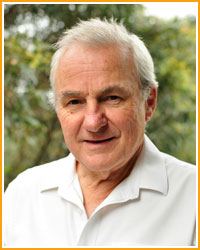

The countries in which we are currently supporting eye surgeries are:
Bangladesh Cambodia Ethiopia India Myanmar Nepal
1. Birth Injury Repair
Childbirth injury is largely neglected, despite the devastating impact it has on the lives of affected girls and women who live with fistula or prolapse.We work with Impact Foundation Bangladesh providing training to 16 doctors in appropriate prolapse management – both surgical and conservative. We also work with other partners in Nepal and intend to work collaboratively with government hospitals to roll out further training. In addition, we also work in Uganda, Tanzania and Malawi to provide free access to fistula and prolapse surgery treatment.
Family Planning
Essential Medical Equipment
We provide a small range of basic health technology suitable for resource limited settings in developing countries.
The key technologies are portable ultrasounds, vital signs monitors and simple ECG machines. There are 10-12 items in the total range. Each item is life-saving, when put in the right hands at the right time.
- We source new, compact and robust basic medical equipment that uses little or no consumables.
- We choose equipment that is user friendly and uses rechargeable batteries where possible.
- We include additional spare accessories where possible.
- We purchase equipment in bulk at discounted prices direct from the factory. This limits the total range of equipment, but allows us to support networks of a higher scale.
The program:
- We establish in-country partnerships with health networks, building regional knowledge to work with (and avoid duplication) of equipment and training programs from other NGOs.
- We assess candidates using baseline surveys and conduct on-site assessments with local partners wherever possible to ensure that the equipment is needed, can be used by trained medical staff and will have impact in the local community.
- We consolidate and send the ‘core’ range of equipment from our Sydney office and supply paperwork and support for shipping and transport to our partners.
- We seek out local training programs and encourage connections with local, professional support networks, to achieve best possible patient outcomes.
On occasion, we have supported specialized equipment in country-specific programs. Oxygen and anaesthesia are two such areas.For the last ten years, the DAK Foundation has partnered with RAWCS for this program.
